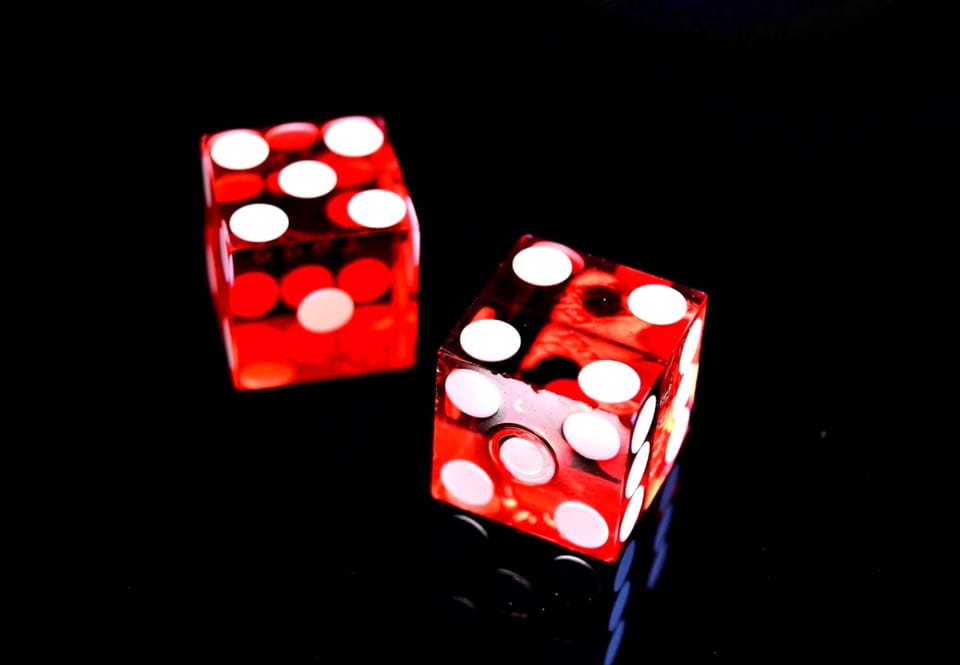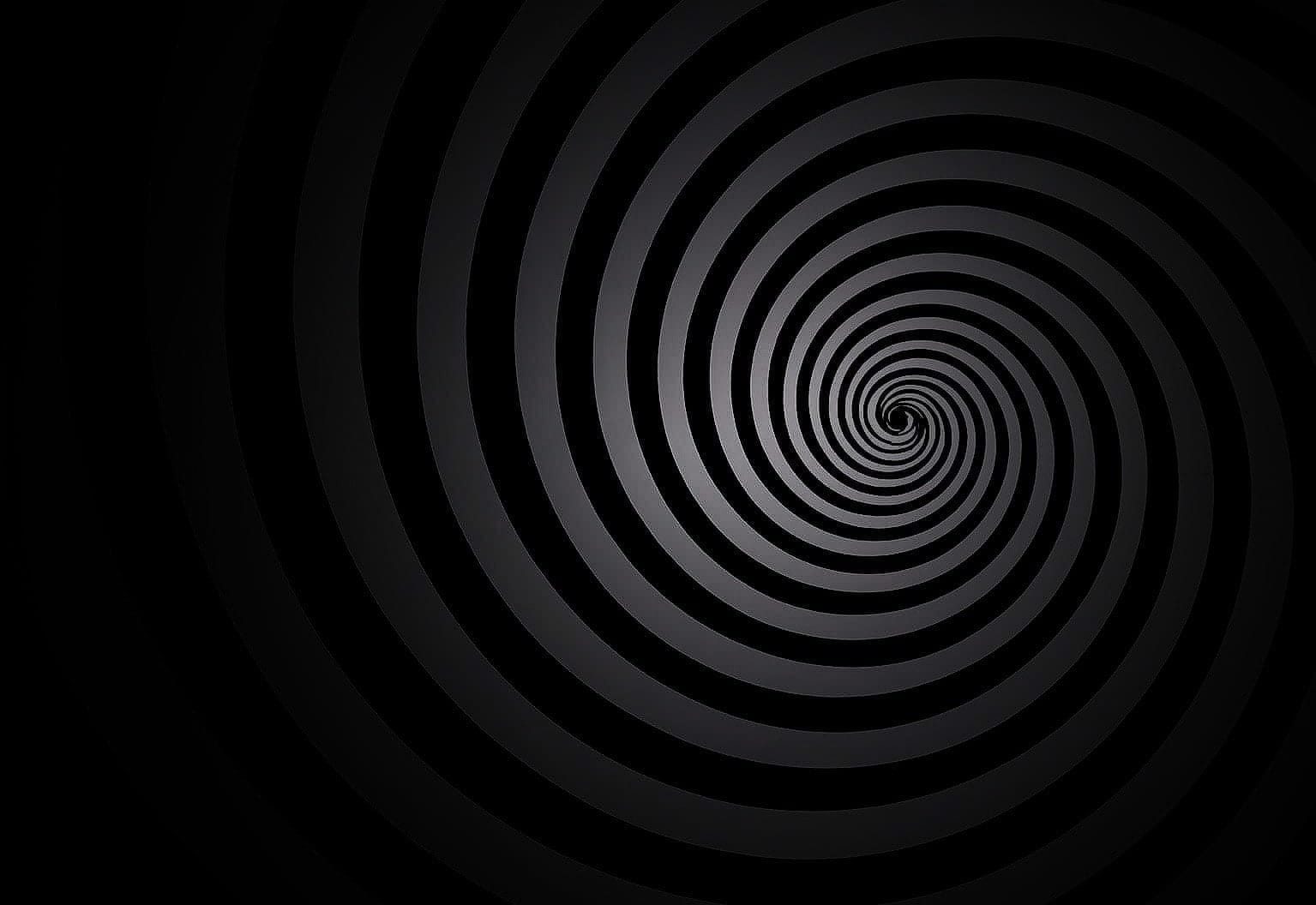Hot hands 🎲🔥

"What a terrible mistake to let go of something wonderful for something real."
—Filmmaker Miranda July
> delusional optimism | the winning fallacy
Legendary psychologists Amos Tversky and Daniel Kahneman did nothing short of change the world.
- The two Nobel Prize winners showed through their discoveries that even highly educated and experienced sports recruiters, judges, pilots, doctors, detectives, mathematicians, and executives were as vulnerable as anyone else to cognitive errors and fallacies and biases and heuristics.
"If two doctors give you different diagnoses, at least one of them is wrong," Kahneman once quipped.
On their own and with other scientists, Kahneman and Tversky published numerous influential papers and books.
During their 10 years together as friends and research colleagues, Kahneman and Tversky earned many accolades.
Sometimes the fallacies and lapses in judgment and cognitive errors that Tversky and Kahneman investigated over the course of their careers seemed painfully obvious once illuminated.
Take professional sports. Both sportscasters and fans have a powerful tendency to imagine that athletes can go on a “winning streak” after scoring a number of times in a sequence.
Gamblers can similarly come to believe they somehow have a "hot hand" after winning only a few rounds. That's not enough data to establish a statistical trend.
- Psychologists have called it the "hot-hand fallacy."
- How can hot hands and winning streaks logically exist?
Amos Tversky and another colleague identified the fallacy in a 1985 research study. They examined shots and free throws from professional and college basketball players.
They found chance and randomness in the shots, not cosmic intervention. The data revealed a "powerful and widely shared cognitive illusion."
It would seem that one bucket in basketball can't logically be effected by the previous one.
The findings in Tversky's paper have since been partly challenged. But the fallacy itself remains standing while scholars continue to debate its impact.
Where else in our lives do we see patterns that don't exist?
- next time "Weak evidence found in the research literature is puzzling."
- listening The Police "Message in a Bottle"
>> full series | alerts | playlist / social | tip jar

